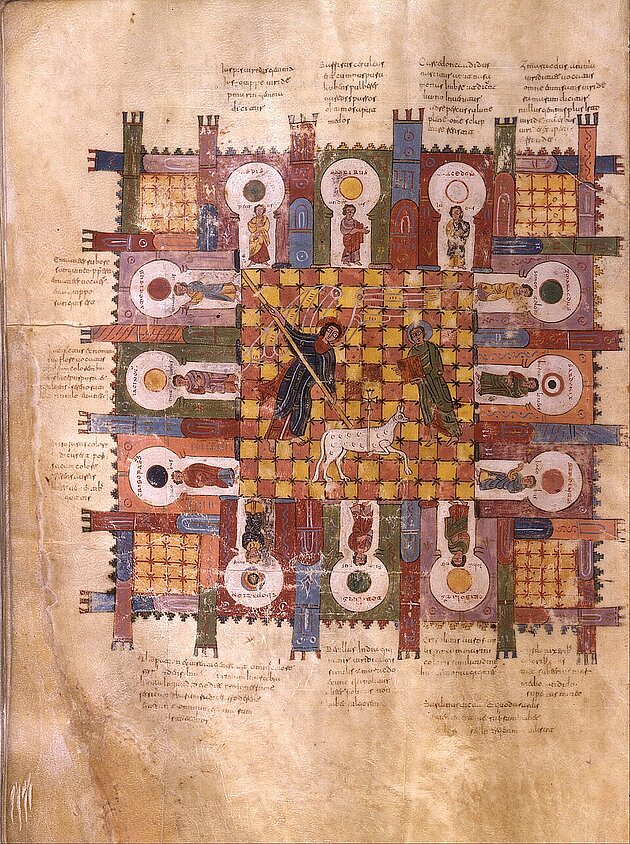Webinar: End of the World?— John's Revelation & the Christian Understanding of Human Telos in Late Antiquity

End of the World?: John's Revelation & the Christian Understanding of Human Telos in Late Antiquity
16:00–17:30, Stockholm time (Zoom), on 9 December 2025
Like adherents of many ancient philosophical systems, early Christians who were educated and chose their beliefs and way of life—as many early Christian theologians and writers were and did—held to a particular vision of the purpose of life. That is to say, they had a common view of the end, or telos, toward which they believed life was to be lived, and a particular vision of how that end was to be achieved through their personal choices, spiritual practice, and social existence. This is transparent, if not often observed or remarked upon today, in virtually all late antique Christian literature and much of its monumental art. It is especially apparent in the texts and artistic productions in which the final chapters of the New Testament's book of Revelation are contemplated.
In this presentation, we explore the connection between (1) early Christian teleology and (2) its contemplation of the purpose of human life and existence as it appears in their reading of the Apocalypse and its last scenes. In light of this exploration, we challenge the common notion that Revelation is first and foremost about the “end of the world.” If the first several centuries of readers are correct, it is instead about quite another end: humanity's proper end or telos and the purpose of the entire cosmic order.
PLEASE NOTE: Our protocols for webinar attendance have changed. You must register in advance to attend this webinar. Please fill out this very short form, and a link to the Zoom webinar will be emailed to you at the email address you supply about 24 hours before the webinar begins: https://forms.gle/z5vGtARJ1Fzd6shV6.
We look forward to seeing you there!
------------------------------------------------------------------------
Nathan Betz is a DFG Eigene Stelle post-doctoral fellow at Regensburg, where he writes on the literary and artistic reception of the New Jerusalem of John’s Revelation from the fourth to the seventh century. His monograph, City of Gods: The New Jerusalem of John’s Revelation in Early Christianity, was published earlier this year by Brill.
Katarina Pålsson is a researcher in Church History at the Centre for Theology and Religious Studies, Lund University. Her research interests include early Christian asceticism and eschatology.
Aaron James Goldman will chair the webinar. He is a research fellow in Philosophy of Religion at Lund University's Centre for Theology and Religious Studies.
Image credit: Beatus de Morgan, commantaire sur l'apocalypse de Beatus de Liébana. Illuminated manuscript. c. 940–945 ce. https://commons.m.wikimedia.org/wiki/File:Maius_-_Commentary_on_the_Apocalypse_-_Google_Art_Project.jpg. Copyright-free (public domain).
